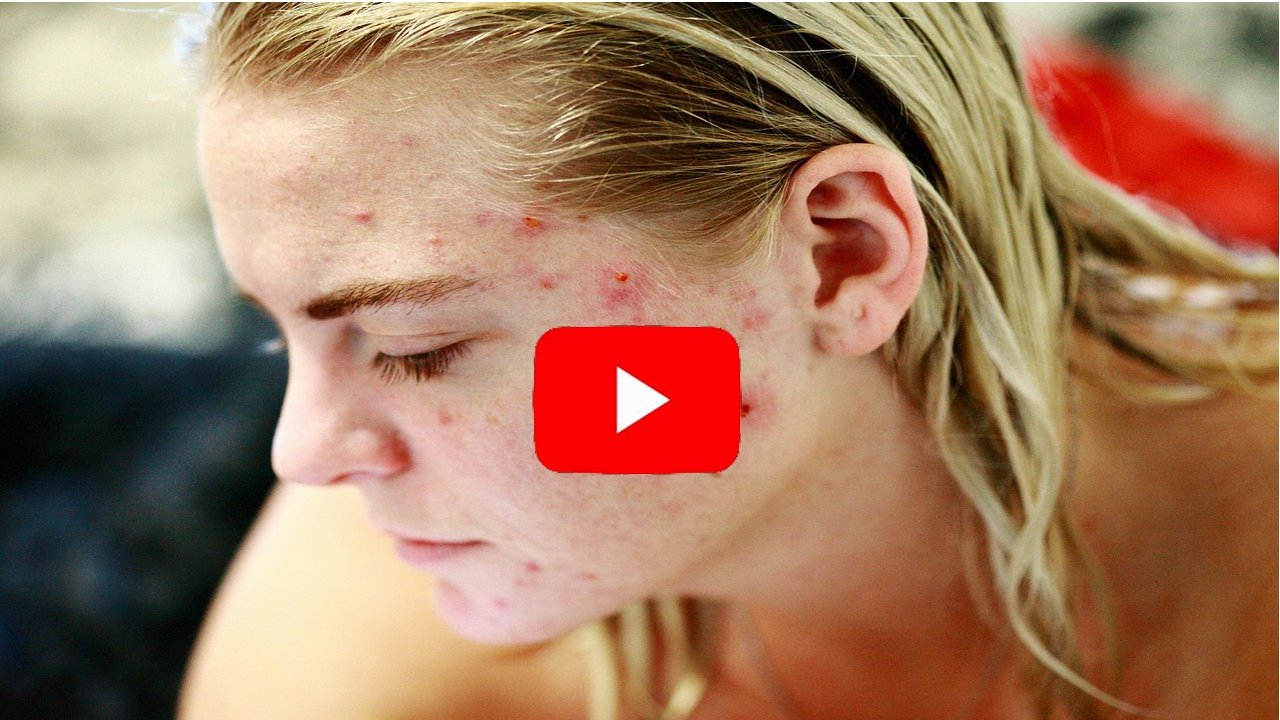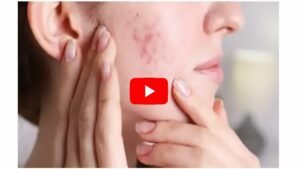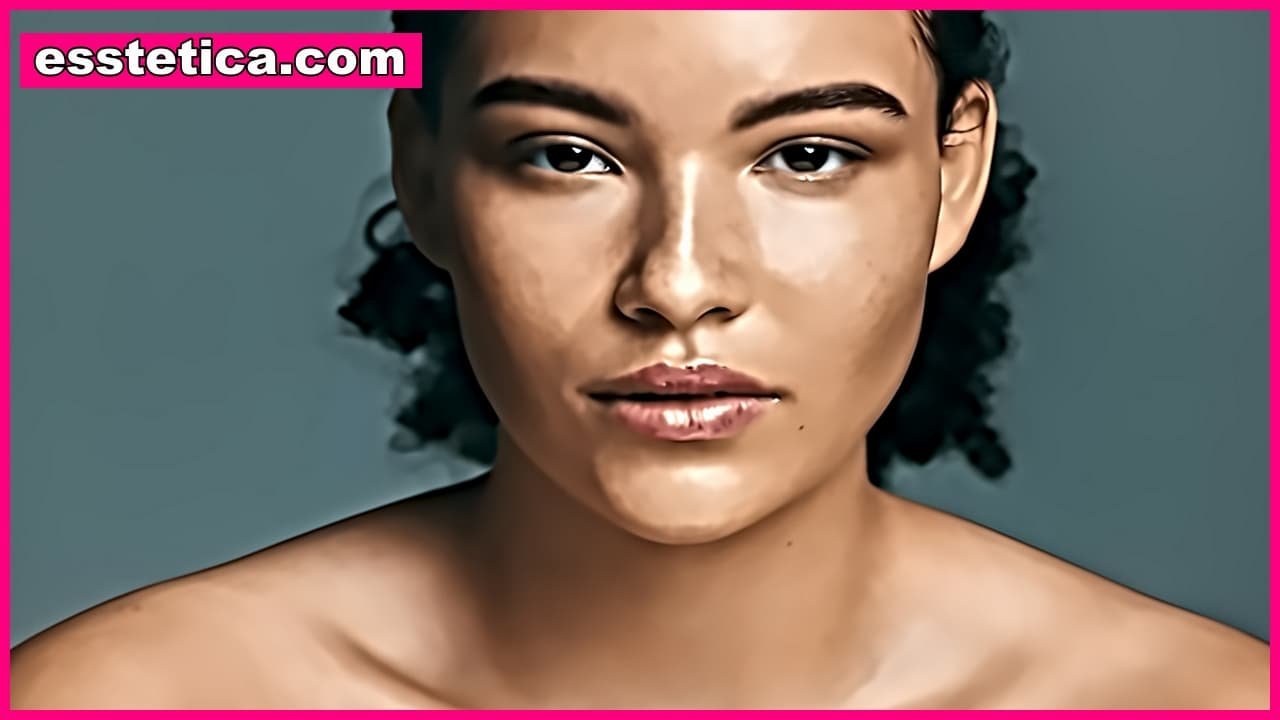Understanding Acne: A Multifaceted Skin Challenge
Acne isn’t just “a few pimples”; it’s a complex skin disorder that manifests in a variety of forms, each carrying its own nuances and challenges. Recognizing the specific type of acne you’re dealing with is vital. Why? Because effective treatment hinges on knowing whether you’re battling clogged pores, inflammation, or deeper lesions beneath the skin’s surface. Let’s dive into the main types and what sets them apart.
Comedonal Acne: The Classic Culprit
Comedonal acne often marks the early stages of breakouts. It’s primarily caused by clogged pores, where excess oil and dead skin cells accumulate.
Blackheads: Open and Exposed
Blackheads, or open comedones, are pores filled with debris that darken due to oxidation. They sit on the skin’s surface, making them visible—but usually painless.
Whiteheads: Hidden Beneath the Surface
Whiteheads, on the other hand, are closed comedones. Trapped under a thin layer of skin, they stay hidden and are less prone to oxidation. Though subtle, they’re equally stubborn.
Inflammatory Acne: Red, Painful, and Irritating
When acne turns red, tender, and sometimes pus-filled, it has crossed into inflammatory territory. Bacterial invasion and the body’s immune response trigger the swelling and discomfort.
Papules: Small Yet Significant
Papules are tiny, raised bumps that can be red or pink. They do not contain pus, yet they’re inflamed enough to signal that the skin’s defenses are fighting back.
Pustules: Pus-Filled Pimples
Pustules resemble papules but contain visible pus. The swelling, redness, and tenderness often make them more noticeable—and sometimes more bothersome—than their papule counterparts.
Cystic Acne: Deep and Severe
Cystic acne is not for the faint of heart. These are deep, painful lumps filled with pus that form beneath the skin.
Painful Cysts: A Serious Concern
Cysts can linger for weeks, often leaving scars once healed. Because of their depth and severity, over-the-counter remedies rarely suffice. Medical intervention, typically involving prescription treatments, is usually necessary to prevent permanent damage.
Nodular Acne: Solid Bumps Beneath the Surface
Nodular acne shares similarities with cystic acne but has distinct characteristics.
Nodules: Hard, Persistent, and Unyielding
Unlike cysts, nodules are solid rather than pus-filled. They appear as firm bumps under the skin and can last for extended periods, sometimes stretching into weeks or months. Their stubborn nature requires a careful, often professional approach.
Final Thoughts
Acne is far from uniform; it’s a spectrum of conditions ranging from mild blackheads to severe nodules. Understanding the specific type of acne you have is crucial for choosing the right skincare routine or medical treatment. Whether you’re tackling clogged pores, inflammation, or deeper lesions, a targeted approach makes all the difference—because not all pimples are created equal.
Tackling Acne Scars: Restoring Skin and Confidence
Severe acne often leaves more than just temporary blemishes—it can result in acne scars that affect both skin texture and self-esteem. The path to smoother, revitalized skin requires knowledge of the most effective treatment options. Here’s a closer look at some expert-recommended approaches.
Laser Therapy: Precision Meets Regeneration
Laser therapy represents one of the most advanced tools in the fight against acne scars.
Fractional Laser Treatments
By targeting tiny, damaged areas of skin, fractional lasers stimulate collagen production and accelerate regeneration. Unlike older laser methods, they minimize tissue damage while still delivering remarkable results. The outcome? Smoother skin and a visible reduction in scar appearance.
Chemical Peels: Renew Your Skin from the Surface
Chemical peels work by removing the outer layers of the skin, prompting your body to generate fresh, healthier layers beneath.
Surface-Level Renewal
Ideal for superficial scars, chemical peels improve skin texture, evening out discoloration and minor indentations. The process may require multiple sessions, but the cumulative effect can be dramatic, leaving skin looking revitalized and refreshed.
Microneedling: Collagen at Work
Microneedling might sound intimidating, but its principle is simple: creating tiny punctures in the skin to stimulate natural healing.
Texture Transformation
As collagen forms around these micro-injuries, skin texture improves, scars become less noticeable, and overall skin resilience increases. For many, microneedling offers a powerful boost in skin quality without invasive surgery.
Dermal Fillers: Instant Smoothing for Deep Scars
Dermal fillers provide a more immediate cosmetic solution for deep, pitted scars.
Plump and Level
By adding volume beneath indented areas, fillers temporarily smooth out uneven skin. While results are not permanent, they can offer a noticeable improvement and a confidence boost in the short term.
Final Thoughts
Acne scars may linger long after pimples fade, but modern dermatology offers multiple pathways to smoother, healthier skin. From lasers to chemical peels, microneedling, and dermal fillers, understanding the available options is the first step toward reclaiming both your skin’s texture and your confidence.
✅ Struggling with acne? Discover the 2 natural solutions I personally recommend:
👉 Get Ninja Health Now — Launch Your Health Site in 60 Seconds
Mastering Acne Prevention: Skincare Steps That Work
Controlling acne—and preventing future breakouts—hinges on choosing the right skincare products and following a consistent routine. A thoughtful regimen does more than just reduce pimples; it protects the skin, improves texture, and restores balance. Here’s a breakdown of the essential steps.
Gentle Cleansing: The Foundation of Clear Skin
Cleansing is more than a routine; it’s the first line of defense against clogged pores and bacterial buildup.
Twice Daily, Not More
Wash your face gently morning and night to remove excess oil, dirt, and makeup. Avoid harsh scrubbing, which can irritate the skin and worsen acne.
Acne-Fighting Ingredients
For added potency, select cleansers that contain benzoyl peroxide or salicylic acid. These ingredients target bacteria and exfoliate inside the pores, helping prevent future breakouts before they appear.
Regular Exfoliation: Keep Pores Clear
Exfoliation encourages cell turnover, removing dead skin cells that can trap oil and debris.
Chemical vs. Physical
Opt for chemical exfoliants like beta hydroxy acids (BHAs) or alpha hydroxy acids (AHAs). They penetrate pores, reduce inflammation, and smooth skin without the abrasiveness of harsh scrubs.
Consistency Over Intensity
Exfoliate regularly—but not excessively. Over-exfoliating can damage the skin barrier and trigger more breakouts, the opposite of what you want.
Moisturizing: Hydration Without Harm
Even acne-prone skin needs moisture. Dry, dehydrated skin can overcompensate by producing more oil, leading to more clogged pores.
Non-Comedogenic is Key
Choose non-comedogenic moisturizers that hydrate without blocking pores. Lightweight gels or lotions often work best, leaving the skin supple and balanced.
Sun Protection: Shield and Prevent
Sunscreen isn’t just for sunny days—it’s essential for all skin types, including acne-prone skin.
Prevent Hyperpigmentation
UV exposure can worsen post-acne marks and dark spots. Using a broad-spectrum sunscreen suitable for your skin type helps prevent discoloration and protects long-term skin health.
Daily Habit
Apply sunscreen every morning, even on cloudy days. Consistency matters more than strength alone.
Bottom Line
A well-rounded skincare routine—gentle cleansing, regular exfoliation, proper moisturizing, and diligent sun protection—forms the backbone of acne control. Combine this with targeted treatments for active acne and scars, and you’re setting your skin up for lasting clarity, texture, and confidence.
✅ Struggling with acne? Discover the 2 natural solutions I personally recommend:
👉 Get Ninja Health Now — Launch Your Health Site in 60 Seconds






